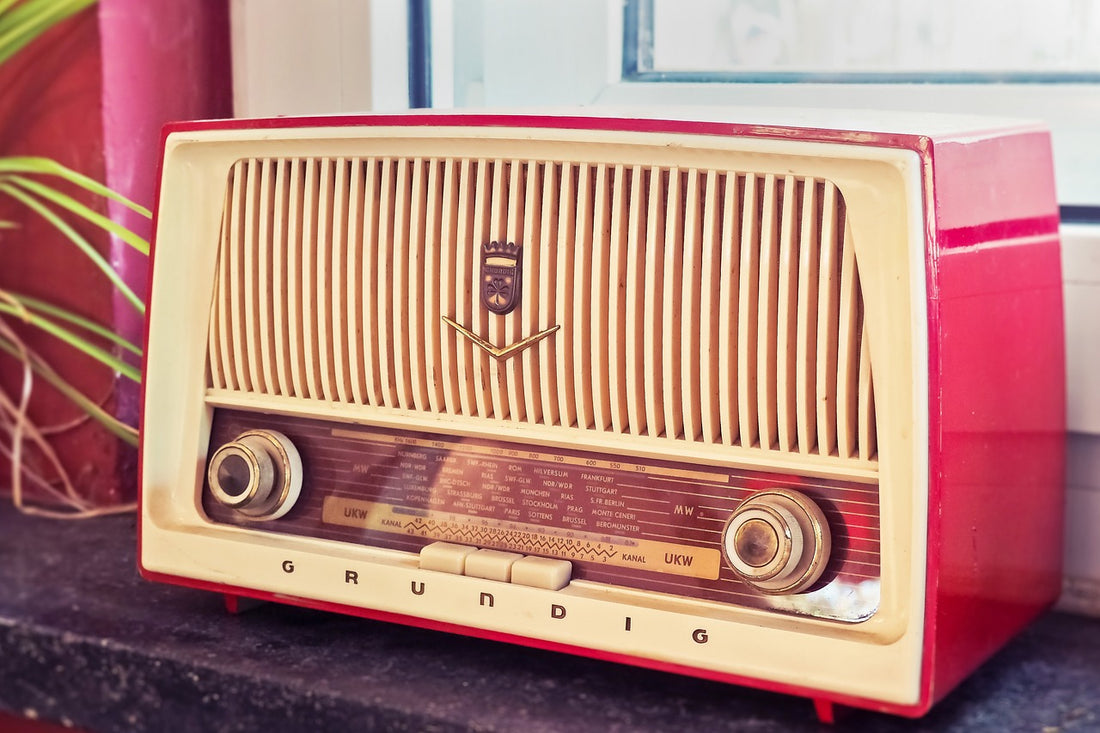Music production has come a long way since the early days of recording. The modern digital studio has made it possible to produce music with high quality and at a faster pace than ever before. However, some producers still prefer to use analog outboard gear in their hybrid music studios. In this blog post, we'll explore the pros and cons of using analog outboard gear in a modern digital studio.
First, let's define what we mean by analog outboard gear. Analog outboard gear refers to the equipment used in music production that is not digital. This includes analog compressors, EQs, and other effects processors. These devices are often preferred by producers who believe that analog gear provides a warmer, more natural sound than digital gear.
The use of analog outboard gear in a modern digital studio can have many advantages. For example, analog gear can provide a more natural and organic sound. Many producers believe that analog gear produces a warmer, more natural sound than digital gear. Analog gear can also add character to a recording that is difficult to achieve with digital gear.
Another advantage of using analog gear is the ability to "print" effects onto a track. When using a digital plugin, the effect is mostly applied in real-time and can be changed at any time. With analog gear, the effect is often "printed" onto the track and cannot be easily changed later. This can be an advantage when working with clients who may want a specific sound.
However, there are also some disadvantages to using analog outboard gear. The biggest disadvantage is cost. Analog gear can be expensive and can take up a lot of space in a studio. In addition, analog gear requires maintenance and can break down over time. This can be a problem if you're on a tight budget or if you're working in a small space.
Another disadvantage of using analog gear is the learning curve. Analog gear can be difficult to learn and use effectively. This is especially true if you're used to working with digital plugins. You may need to invest time and money in training and education to get the most out of your analog gear.
One way to overcome some of the disadvantages of using analog outboard gear is to use a hybrid music studio. A hybrid studio is a combination of analog and digital gear. This allows you to take advantage of the benefits of both analog and digital gear while minimizing the disadvantages.
For example, you could use analog gear for tracking and mixing, and then transfer the tracks to a digital workstation for editing and post-production. This would allow you to take advantage of the warmth and character of analog gear during the recording process, while still being able to take advantage of the speed and flexibility of digital gear during the editing process.
Another advantage of using a hybrid music studio is the ability to mix and match gear. You can choose the best gear for each stage of the production process, without being limited to either analog or digital gear. For example, you could use a digital compressor during tracking, and then switch to an analog compressor during mixing.
In conclusion, the decision to use analog outboard gear in a modern digital studio is a personal one. There are pros and cons to using analog gear, and it ultimately depends on your goals, budget, and personal preferences. However, a hybrid music studio can offer the best of both worlds, allowing you to take advantage of the warmth and character of analog gear while still being able to take advantage of the speed and flexibility of digital gear. If you're considering using analog outboard gear in your music production, a hybrid music studio may be the perfect solution.












